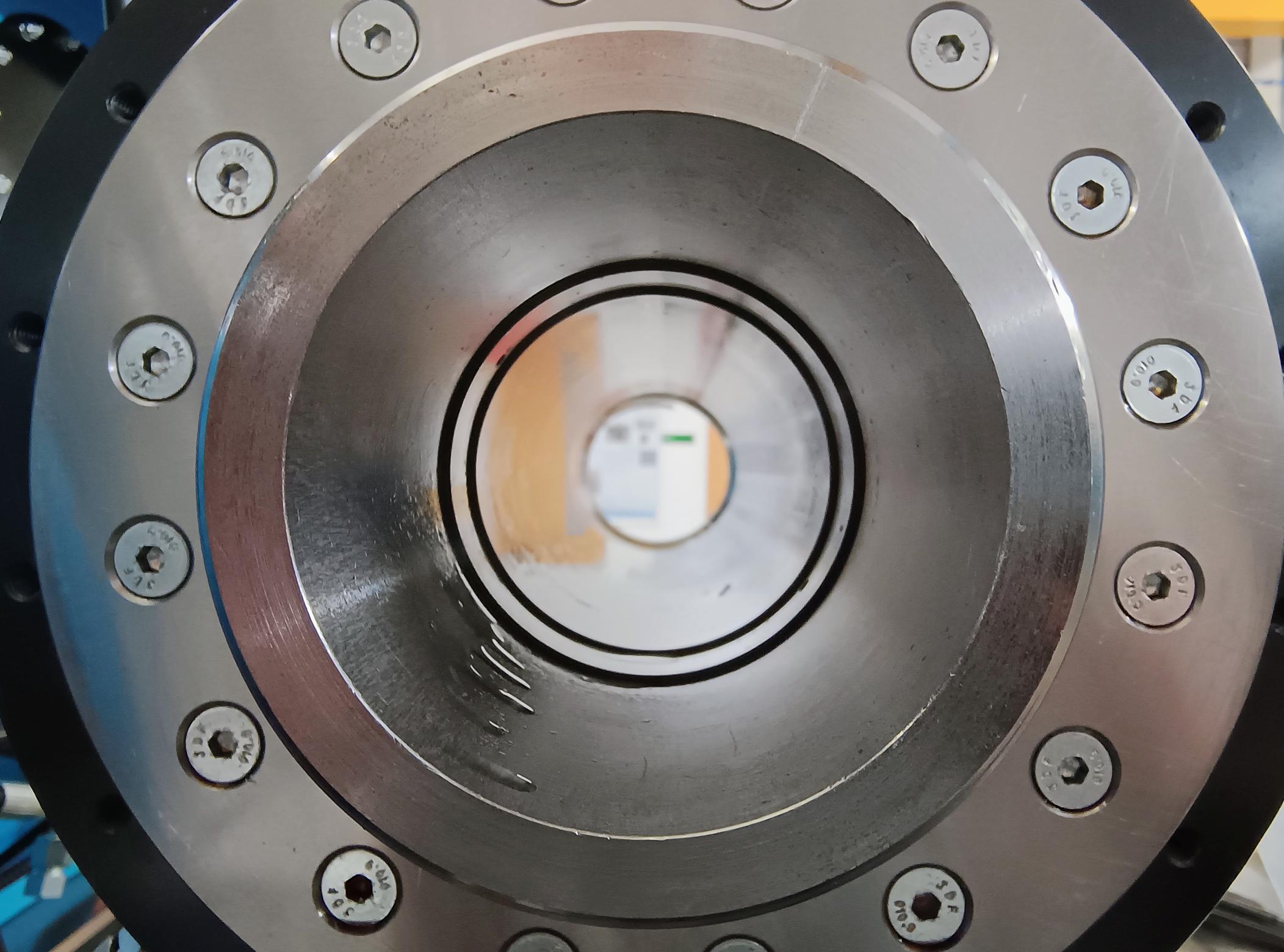Oil Systems, Thermal Management and Multiphase Flow

Oil Systems, Thermal Management and Multiphase Flow is a complex and multidisciplinary research topic that encompasses various aspects of oil extraction, processing, and transportation.
Thermal management plays a crucial role in oil systems, as it affects the flow behavior, phase separation, and overall efficiency of the system. Oil wells often produce a mixture of oil, gas, and water, which requires sophisticated multiphase flow management to optimize recovery rates and minimize environmental impacts. Thermal management techniques, such as insulation, heating, and cooling, are used to control the temperature of the fluids and the wellbore to ensure safe and efficient production.
Multiphase flow occurs when two or more phases (liquid, gas, and/or solid) coexist in a single flow stream. In oil systems, this can lead to challenges in flow prediction, pressure drop calculation, and phase separation. Researchers have developed various models and simulations to predict multiphase flow behavior, including the use of computational fluid dynamics (CFD) and numerical methods. These models can help optimize pipeline design, reduce energy consumption, and improve process efficiency.
Recent advances in oil systems thermal management and multiphase flow have focused on developing new materials and technologies for improved insulation, heat transfer enhancement, and phase separation. For example, researchers have explored the use of advanced nanomaterials for enhanced thermal conductivity, while others have developed new designs for multiphase flow meters that can accurately measure fluid properties in real-time. Additionally, computational fluid dynamics (CFD) simulations have become increasingly important for predicting multiphase flow behavior in complex systems.